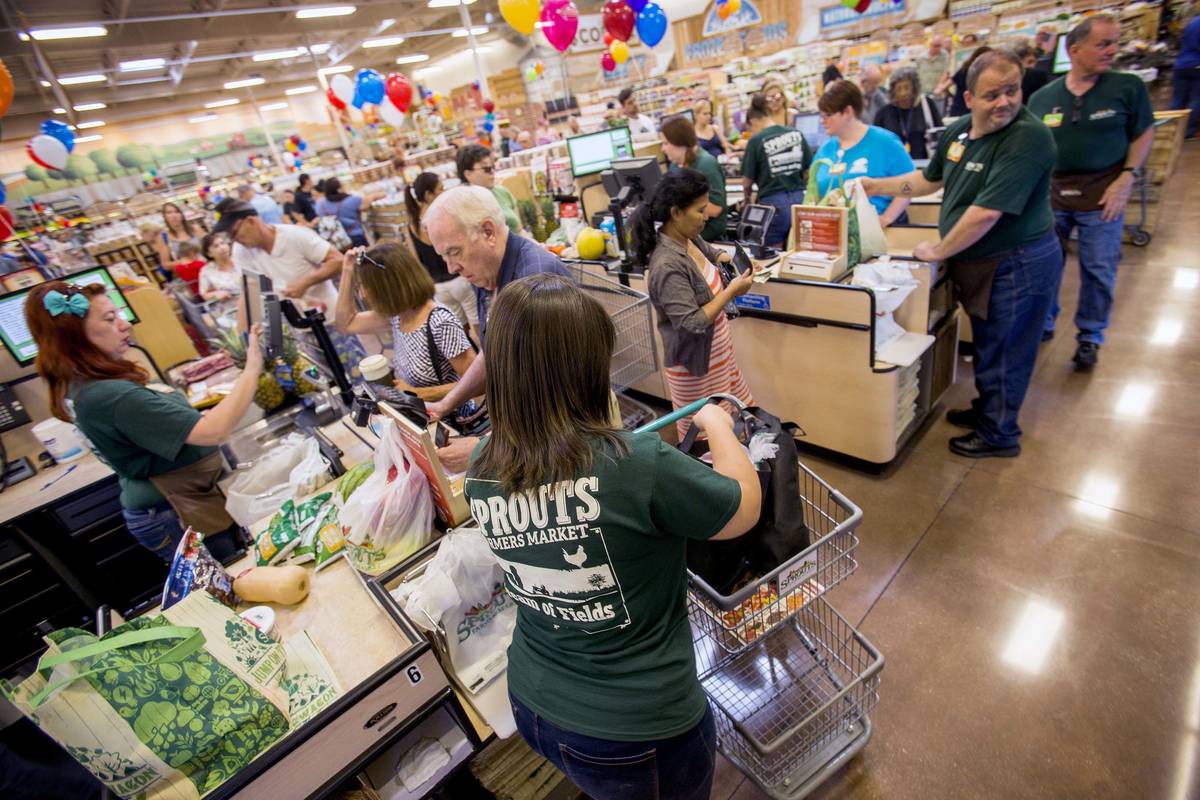EDITORIAL: Hazard pay mandates lead to store closures, job losses

There’s no doubt that grocery store workers have performed heroically during the pandemic. They’ve stayed on the job so Americans could have access to the food and other supplies they need to survive in the face of COVID restrictions.
But as so often happens when credit-seeking liberal government officials step in to “do the right thing,” a recent push by meddling politicians in California to mandate hazard pay for supermarket employees has led to some less-than-super results for those whom the mandate was designed to help.
Cincinnati-based Kroger says it will close three of its stores in Los Angeles — two Ralphs and a Food 4 Less — as a result of the county’s new hazard pay law. The $5-per-hour pay ordinance, passed by the Los Angeles City Council this month, is nearly identical to a law passed by Los Angeles County in February. It is also similar to hazard pay laws passed in Long Beach and Seattle, which have led the grocer to close five more stores in those cities.
As Christian Britschgi of Reason reported this week, the Los Angeles County law mandates that grocers employing 300 workers nationwide and with at least 10 employees per store must give employees additional hazard pay for the next 120 days. Smaller stores are exempt.
Proponents of the mandate charge that grocery and drug retail chains have failed to provide sufficient wages to their front-line employees “for their critical function to our society and the significant risk they face.” They argue that the stores can afford to comply because record profits during the pandemic make hazard pay easily affordable.
But Ms. Britschgi notes that, while retailers’ profits did indeed rise over the past year, industry profit margins are typically quite low at 1 to 2 percent.
According to analysis by the California Grocers Association (CGA), which is challenging the hazard pay ordinances in court, a $5-an-hour wage increase would raise the average grocery store’s labor costs by nearly 30 percent and its overall costs by roughly 5 percent. That amounts to roughly twice the profit margins grocery stores were making at the height of the pandemic.
It would also mean higher prices — even for the workers this proposal purports to help.
Ms. Britschgi cites a report compiled by Los Angeles city staff that acknowledges probable negative consequences of that city’s hazard law, including higher prices for consumers and the potential for grocery chains to delay openings, renovations and promotions. And while Kroger employees who lose their jobs could conceivably be transferred to other stores, union rules stipulate that more junior employees would be let go to make room for them.
The road to unemployment is paved with good intentions, it seems.